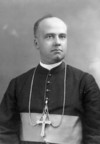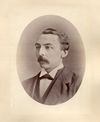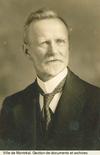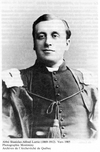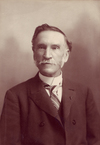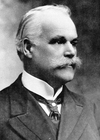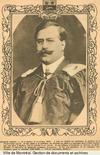Paix Sociale. From 1891 to 1899, in fact, he would participate in this social movement, which was connected to the school of the French sociologist Frédéric Le Play
Chrétiennes, and a disciple of Frédéric Le Play, a French economist and sociologist. Two years later he sent Abbé Aimé Boileau, chaplain to the Catholic unions, to study social issues in Europe. In 1927 he
; inspired by the works of the Frenchman Frédéric Le Play, it addressed the relationship between capital and labour without, however, questioning the organization of society. He did not hesitate, when he
.
Lafontaine espoused the doctrines of the Unions de la Paix Sociale, a movement that had been founded by the French sociologist and economist Frédéric Le Play and which Lafontaine joined in 1889. Its
vocation back to 1888, when as students at the Petit Séminaire de Québec they had attended a lecture by François-Edme Rameau de Saint-Père, a Catholic economist and disciple of Frédéric Le Play. The
day, and defended the principles of social thought advanced by French economist Frédéric Le Play. Literature and poetry were his companions until his death in 1920. Even when he was 80, his prose
Rerum novarum, which had a profound influence on him. He also kept abreast of the work of French sociologist Frédéric Le Play and other writers connected with that school of thought. A
, like many jurists, found the ideas of French sociologist and economist Frédéric Le Play persuasive. In 1905 he was one of the founders of the Société d’Économie Sociale et






